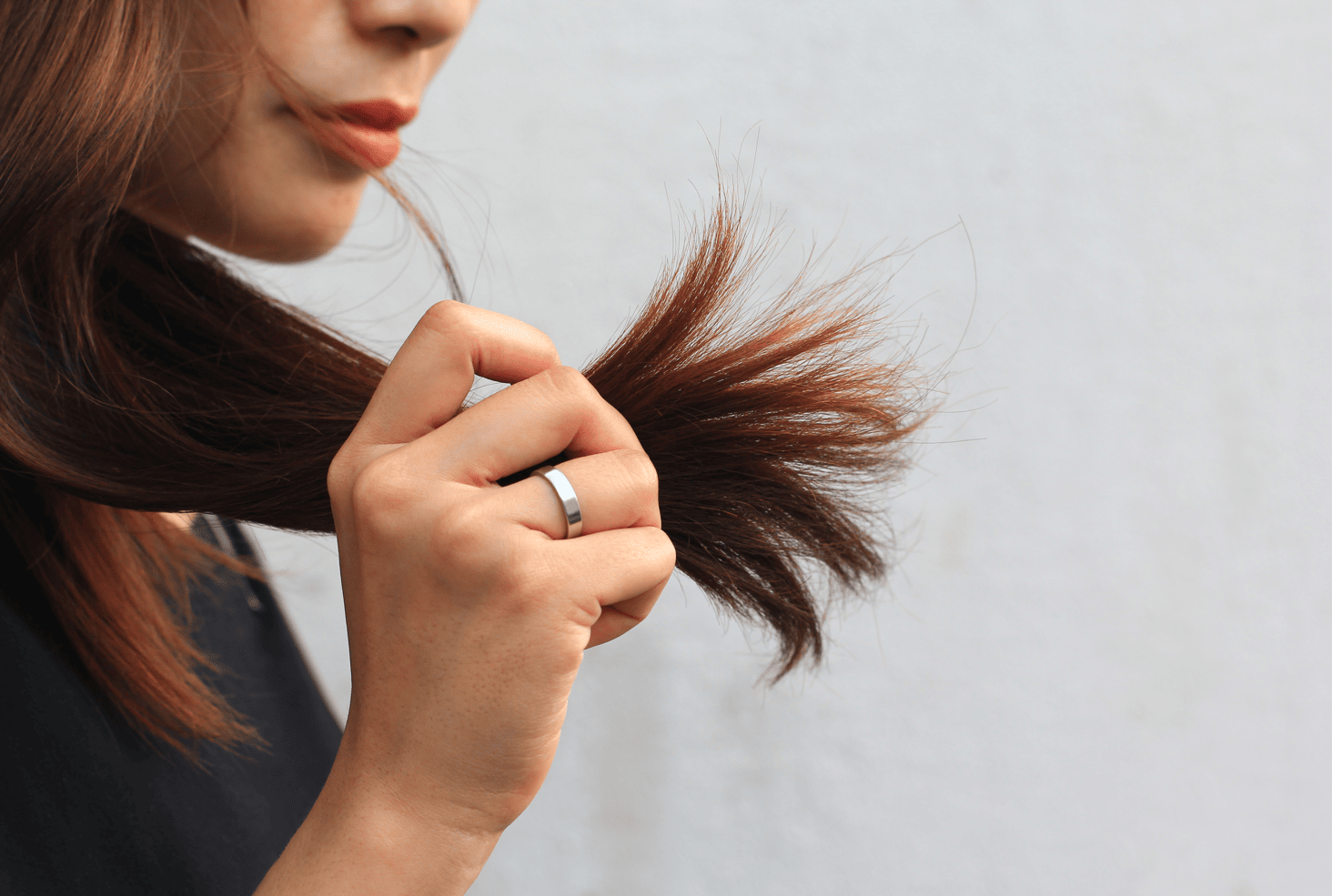Acne is a common skin condition that affects millions of people worldwide, especially during their adolescent and young adult years. While various over-the-counter treatments exist, some cases of severe acne require a more potent solution. Enter isotretinoin, a powerful medication known for its efficacy in treating severe acne. In this comprehensive guide, we will delve into the science, benefits, potential side effects, and precautions associated with isotretinoin treatment.
Understanding Acne
Acne is a skin condition that occurs when hair follicles become clogged with oil and dead skin cells, leading to the formation of pimples, blackheads, and whiteheads. Severe cases of acne can cause emotional distress and even scarring, necessitating more aggressive treatment approaches.
What is Isotretinoin?
Isotretinoin 20 mg, commonly marketed under names such as Accutane, Claravis, and others, is a synthetic form of Vitamin A. It belongs to a class of medications called retinoids, which have a profound impact on skin health. Isotretinoin is primarily prescribe for severe, recalcitrant acne that hasn’t responded to other treatments.
Mechanism of Action
The exact mechanism of isotretinoin’s action is not fully understood, but it is believe to work through several mechanisms:
- Reducing Sebum Production: Isotretinoin significantly reduces the production of sebum, the oily substance that contributes to clogged pores and acne formation.
- Normalizing Skin Cell Turnover: It promotes normal shedding of skin cells, preventing them from clogging hair follicles.
- Anti-inflammatory Effects: Isotretinoin has anti-inflammatory properties that help reduce the redness and swelling associated with acne lesions.
- Inhibiting Bacterial Growth: It can also hinder the growth of the bacterium Propionibacterium acnes, which plays a role in acne development.
Benefits of Isotretinoin Treatment
Isotretinoin 10 mg is often consider a last resort due to its potential side effects, but it can be highly effective in cases where other treatments have failed. The benefits include:
- Clearing Severe Acne: Isotretinoin is renowned for its ability to clear severe and cystic acne that doesn’t respond to milder treatments.
- Long-term Results: Many patients experience long-lasting or even permanent improvement in their acne after completing an isotretinoin course.
- Improved Quality of Life: Clearing severe acne can lead to improved self-esteem and quality of life for individuals who have struggled with their skin condition.
Potential Side Effects
While isotretinoin can be a game-changer for acne treatment, it is essential to be aware of potential side effects, which can include:
- Dry Skin and Lips: Isotretinoin reduces sebum production, which can result in dryness of the skin, lips, and eyes.
- Photosensitivity: Skin can become more sensitive to sunlight, making protection crucial.
- Muscle and Joint Pain: Some individuals experience muscle and joint discomfort during treatment.
- Elevated Cholesterol and Liver Enzymes: Regular monitoring of blood lipids and liver function is essential due to potential impacts on these parameters.
- Birth Defects: Isotretinoin is known to cause severe birth defects if taken during pregnancy, so strict contraception measures are mandatory for females of childbearing age.
Precautions and Considerations
If considering isotretinoin treatment, it’s important to:
- Consult a Dermatologist: Only a qualified dermatologist can determine if isotretinoin is appropriate for your acne severity and health status.
- Follow Dosage Guidelines: Isotretinoin should be take as prescribed and never in larger amounts.
- Adhere to Monitoring: Regular blood tests and check-ups are necessary to monitor potential side effects.
- Use Contraception: If you’re female and of childbearing age, reliable contraception is imperative during treatment and for some time after its completion.





